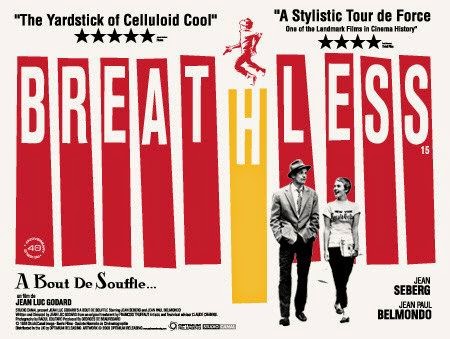Autumn in My Heart, also known as Autumn
Fair Tale or Autumn Tale
is a South Korean romance television drama written by Oh Soo Yun and directed
by Yoon Suk Ho in 2000 and stars Song Seung-heon who plays Yoon
Joon-suh, Song Hye-kyo plays Yoon/Choi Eun-suh and Won Bin plays Han Tae-seok
and is also set in Seoul. As the Autumn in My
Heart series was very successful in South Korea, it can be
considered a pioneer in Korean melodramatic series, which launches a fever that
is commonly referred to as the “Korean Wave”.
The story begins with two toddlers being
switched at a hospital, and then jumps forward to the teenage years of the two
main characters, Yoon Eun-suh (Moon Geun-young) and Yoon Joon-suh (Choi
Woo-hyuk). They think they are children of a professor and think they are
biological brother and sister up until Eun-suh gets hit by a truck and is in
need of a blood transfusion. After the blood test results, they find out she belongs
to Mrs. Choi and Shin-ae is the Yoon family’s biological daughter. They switch
to their biological families and Eun-suh moves back to poverty. Many years
later, Joon-suh (Song Seung-heon) goes back to South Korea as a successful
artist. He goes back to his old town to visit his old friend, Han Tae-seok (Won
Bin), who stays at the hotel where Eun-suh works as a hotel maid. Tae-seok falls
in love with Eun-suh and annoys her until she is fired from her job at the
hotel. Eun-suh and Joon-suh try to have a sibling relationship but they fall
deeply in love. Eun-suh discovers she has leukemia, the same condition that
killed her biological father. Know one is aware of her condition except for
Tae-seok, who offers to pay for her treatment, but she soon falls in to a coma.
She finally wakes up but is too weak to carry on with the treatment. Joon-suh
wants her to spend her last days with him, so he takes her to his home.
Joon-suh proposes to Eun-suh, they get married and dies as Joon-suh is carrying
her around the beach where they spend their birthday together as teenagers.
Joon-suh is too grief-stricken by her death and is hit by a truck in the same
place as Eun-suh’s accident as a teenager.
Episode
4
of Autumn in My Heart includes; good acting
as well as on and off banter between Eun-suh and Han Tae-seok. There is a lot
of bright lighting as well as the colour white used in most scenes within the
episode. The setting, fashion and the lifestyles are different to what we may
be used to. The constant rain during the episode helps to reflect the mood of a
sad moment of a love story of a long lost love. There are also no improper
relationships with men and women before marriage.
The only two things
I thought was bad about the drama, was that 2 hours were too long for an
episode and the foreign language was hard to keep up with for a very long
amount of time.






















